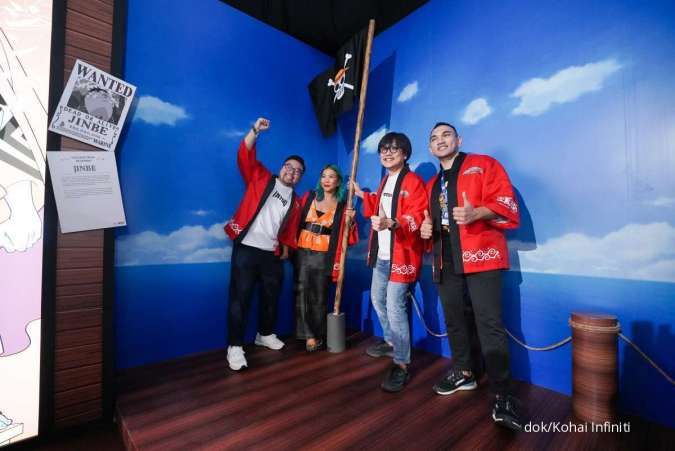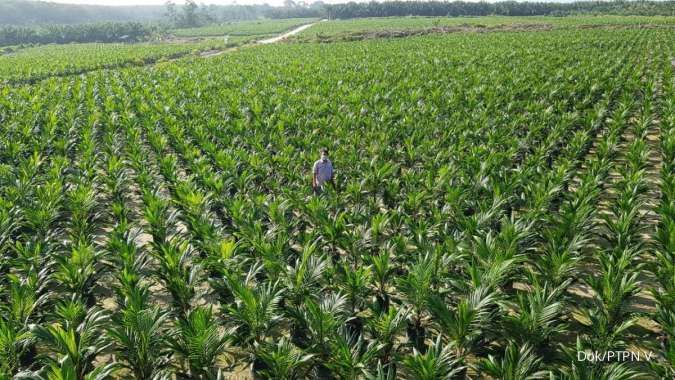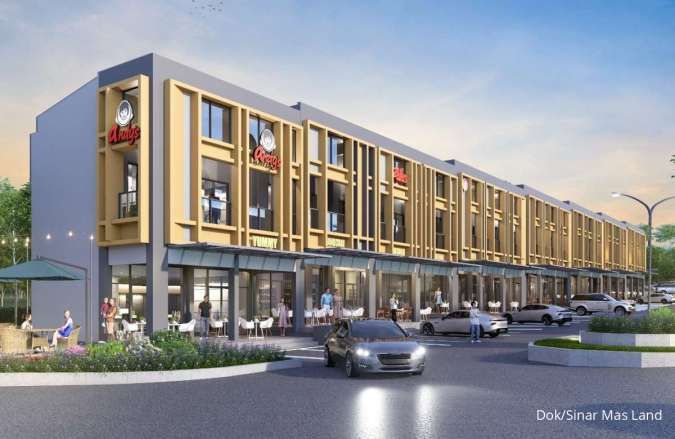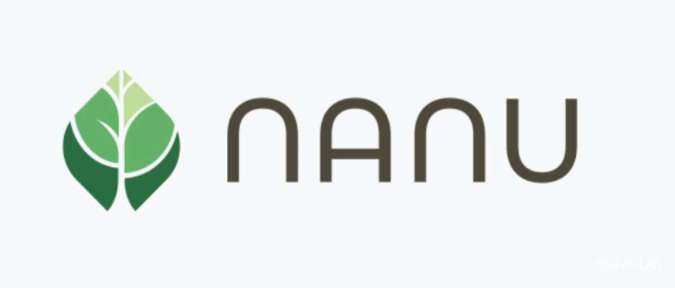
Like many developing countries, Vietnam has recently been inundated with plastic waste, producing approximately 3.1 million tons of plastic each year that isn’t recycled. But plastic isn’t the only problem – as the country’s agricultural industry has grown over the past two decades, so have its agricultural byproducts (rice husks, coconut shells, etc.) that are left in the field after harvest. Nanu, which is aiming to expand into Vietnam, has created an innovative solution that can simultaneously address the issues of plastic pollution and agricultural byproduct waste: eco-friendly pulp mold containers. Nanu uses agricultural byproducts (waste products) as raw materials to create pulp molds and applies its proprietary eco-friendly coating technology to add durability and water/heat resistance. The molds can then be used in place of plastic.

Nanu has already proven its pulp molds, working with companies in Korea to supply everything from cosmetic packaging and meat containers to milk and ramen containers. By bringing its technology to Vietnam, Nanu hopes to reduce both agricultural byproduct pollution and plastic pollution by transforming “waste” agricultural byproducts into useful containers that can replace single-use plastics. Nanu estimates that full implementation of its technology in the country would reduce up to 620,000 of GHG emissions while also helping Vietnam strengthen its overall waste management system.

Vietnam is home to the world’s third-largest livestock production and consumption market, yet pig farming faces continued difficulties with Vietnamese pig farmers losing up to 20% of their livestock to disease, a rate two to four times higher than in other countries. In addition to a warm climate that makes pigs prone to epidemics including swine flu, traditional local farming techniques hinder productivity. Furthermore, farm owners lack effective and accurate health monitoring solutions and lack sufficient labor to manually collect health data on their herds. Combined, these factors have limited the growth of the pork industry despite high demand.

Trackfarm has created a smart livestock farming software solution that both optimizes the environmental conditions in which pigs are raised and monitors their health status in real time. Trackfarm builds hog pens with automatic environmental sensing, automated ventilation, cameras, tags, and sensors, and an integrated AI platform to sense conditions and adjust as needed. The solution comes with a customized dashboard that provides data management, alerts, and 24-hour monitoring so that farmers can immediately address issues as they arise. The environmental controls make it easy to foster ideal conditions for pigs to grow and remain healthy. Trackfarm expects its technology to help drive both local and national changes in how pig farming is practiced, boosting productivity, income level, and overall value.

Across the world, an estimated 2.4 billion people are in need of physical therapy of some kind. Yet, according to the World Health Organization, there are just 26,000 skilled practitioners worldwide. The need for pediatric specialist treatment is particularly acute in countries with young populations like India. At the same time, India has a high barrier to accessing medical care, with an estimated 71% of disabled children residing in suburban areas that lack medical facilities. Treatment costs are high, and there is not a strong policy push to improve the situation.
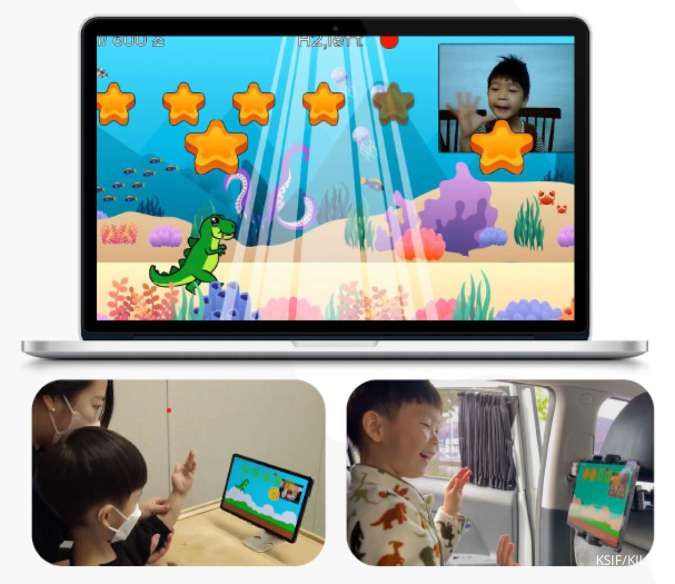
/2024/01/29/799852692p.jpg)
